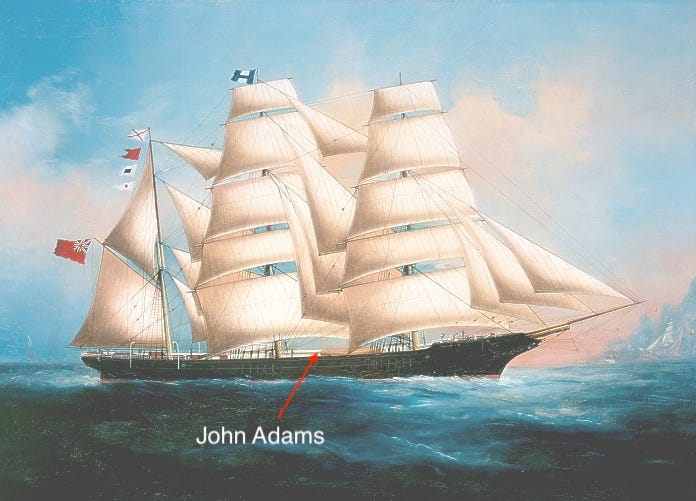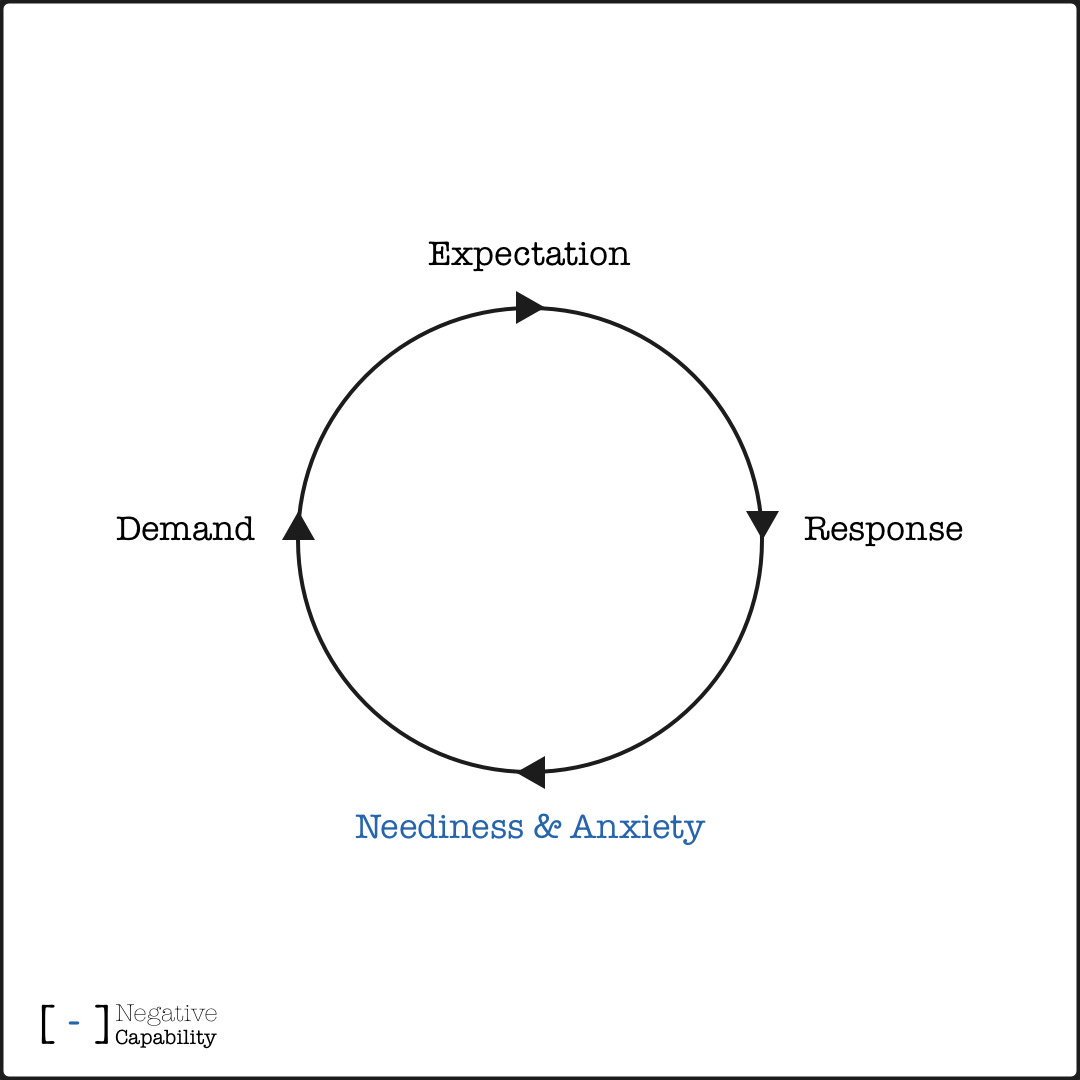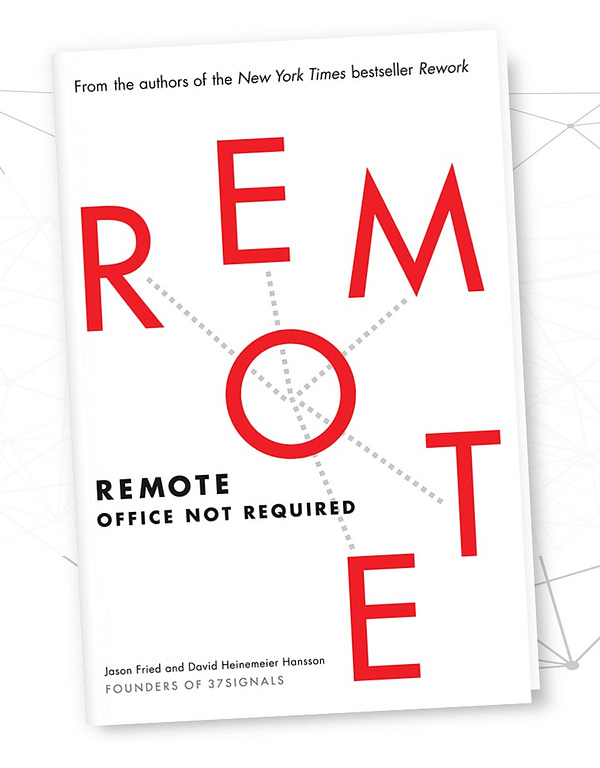7: The spoiled brat cycle
Why communicating the old fashioned way will keep us sane
Hey, hope you’re having a great weekend.
As an update after last week’s decision to cut some fat out of my reading habits, I can say it’s been a success so far. After my one week information fast, my Instapaper reading list went from the usual 20+ articles to just 11 (3 of which are mostly for work purposes).
No only I’m left with less stuff to read and more time to think, I’m also able to keep my days more focused and less scattered. I receive my Rollup in the morning and wait to go through it until 12pm. Then I take 10 minutes to parse through the emails and pick only 1 article that I want to save on Instapaper. That’s it.
From 5 to 10 minutes lost every hour reactively checking email, I’m now spending just 10 out of the whole day on it. More time, more and better ideas from the material I read.
I’ll be tracking this new habit as I move forward, especially cause I’ve got the tendency of subscribing to new stuff every now and then. 😅
Today I wanted to riff off this and talk about a trend that I see coming up more and more lately.
Would you have sailed across the Atlantic in 1778?
I’ve been watching John Adams’ HBO series lately which I highly recommend. One thing that stood out was how low people’s expectations were back then, in terms of being able to demand others’ time and attention.
John Adams served as a diplomat in France, Holland and Great Britain from 1778 to 1788. In the show, he gets back to the US, acclaimed by an enthusiastic crowd. Among them, his 4 children - now adults.
He can’t even recognize them.
During the 10 years apart they merely exchanged letters (quite sporadically at that). No Zoom calls, no Whatsapp and selfies, no quick flights. Crossing the Atlantic back then meant going through anything between six weeks and two or three months on a sailing ship, which was often a pretty damn risky business.

Demanding another human being’s attention wasn’t something people gave for granted. Today, it’s become the norm.
It goes something like this:
Why the fuck aren’t they getting back to me?! It’s been 5 seconds already! AND THEY READ THE DAMN MESSAGE!!

We’re basically prostituting our time and attention in exchange of a false sense of acceptance and appreciation or for the quick dopamine rush we get when we think others care about us (only when they reply within seconds of course).
In turn, other people abuse it and the vicious cycle of demand - expectation - response continues, feeding itself in a dangerous downward spiral of neediness and anxiety.
I call it “the spoiled brat cycle”

We need more asynchronicity
Aynchronous: not simultaneous or concurrent in time
What I’m seeing lately might or might not be a trend, but it’s that people are getting tired of constantly having their time and attention raped (just to keep up with the cheerful theme).
That’s why apps like Marco Polo and HEY are seeing great success. What we need is asynchronous and non-disruptive communication.
Here’s the past year’s trend for “Instant messaging”, notice anything unusual?

Right when this pandemic was getting serious for the whole world, the topic had a huge spike. People were freaking out:
Holy shit, I better get my 10 messaging apps ready for when I’ll be locked down or I won’t make it out alive!
But then, it slowly started to fade, right when we were all locked down!
Might it be that people actually enjoy some fucking solitude and peace for a change?
I think yes.
The new normal
In the near future I can see email gaining even more popularity. Reason why I love the newsletter format both for sharing and consuming information. It’s a personal conversation rather than a brutal broadcast.
I also see why remote working is finally being accepted worldwide - and it’ll keep growing.


Maybe we’ll go back to sending letters, or use email in more interesting ways (dating apps where you communicate via email?).
In all of this, a good skill at being negatively capable plays a big part. Removing the direct and reactive aspect of synchronous communication makes us face the uncertainty of when or if we’ll receive a response. We are faced with the void, much like when people used to send carrier pigeons.
On one side it’s a great refreshing thing. On the other it’s scary. especially when we’re addicted to insane levels of dopamine and quick responses.
But i believe a fair amount of uncertainty is always good.
Some studies show that when we don’t know, we are more likely to actually dig deeper and in a more systematic way into the information we do have.
I’d take a more meaningful and thought out reply over a quick text full of typos anytime.
—
Whether we keep demanding other people’s time and let other people dictate our own, it’s a choice. And something we should be more mindful about.
I would ask myself:
What can I make more asynchronous in my life?
I wanna leave you with a quote from a short post that I’ve found pretty on point this week, from Dan Pedersen…
It’s best to have low expectations. Not in terms of how we should behave, but both in terms of how we think things will turn out and what we think will make us happy.
Here are this week’s top finds:
Written
It’s a strange and confusing world
Speaking of asynchronous communication, this website “Letters of note” is a gold mine of letters from greats of the past. This one in particular resonates a lot with our current situation. It also gives you a true feeling of how nice it is to read something that’s been carefully thought out and has deep meaning.
Audio
Far Out podcast ep. 81 - Derek Sivers
In this episode they talk about identity, freedom and about the concept of “singing the counter melody” which is very interesting to get in the habit of thinking differently or just to explore new ideas.
Video
Yuval Noah Harari on Vipassana, Reality, Suffering, & Consciousness
In this short interview snippet, the author of “Sapiens” talks about why he practices Vipassana meditation. “I practice Vipassana to see reality more clearly”. If you still think meditation is woo woo or religious, check this out.
Have an amazing week!
Chris

